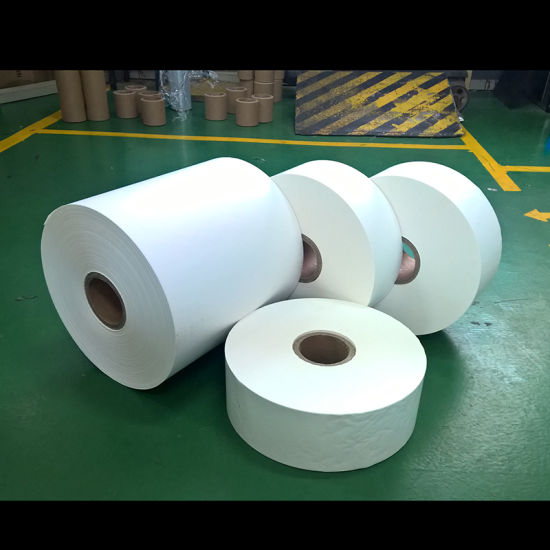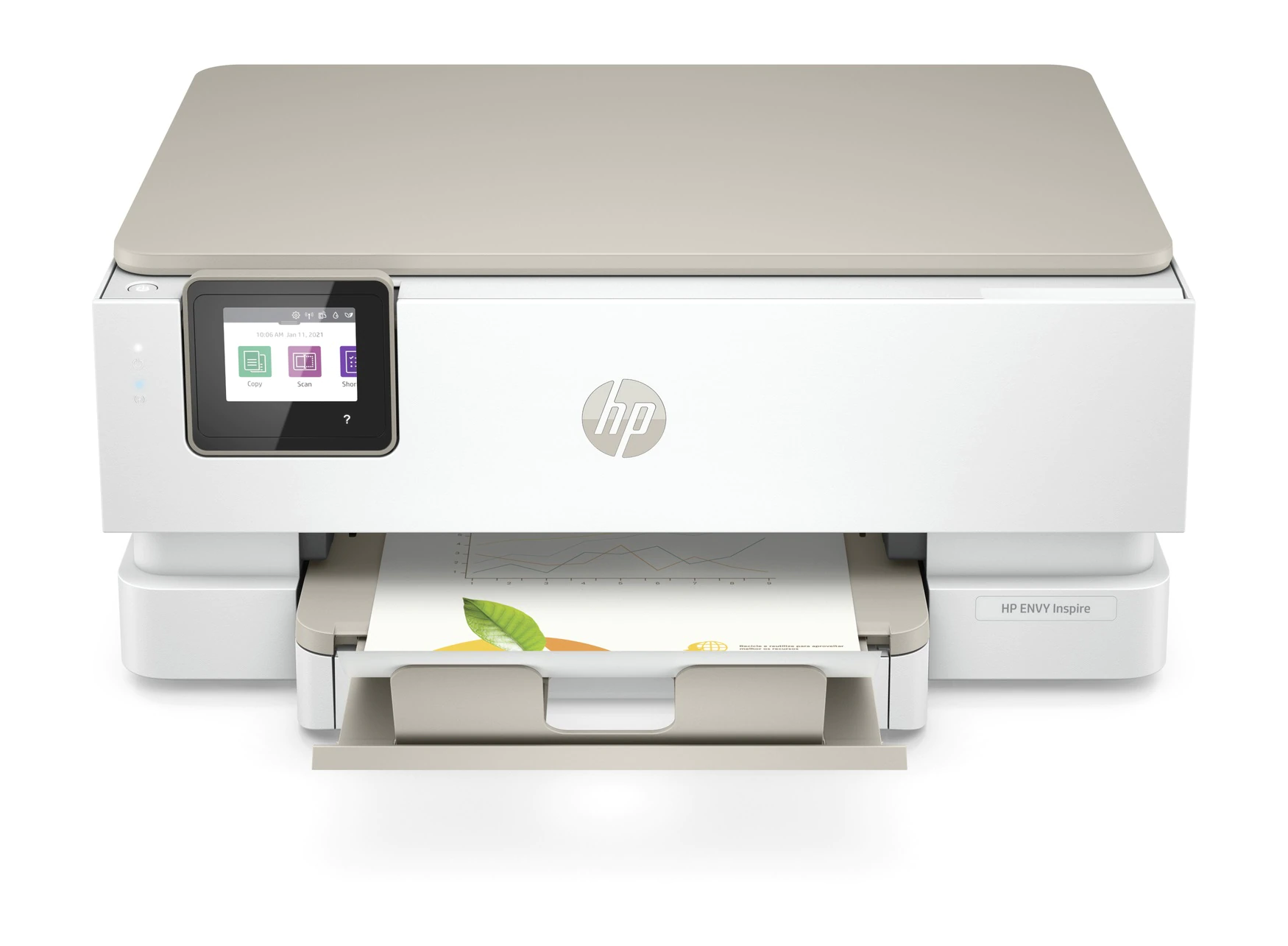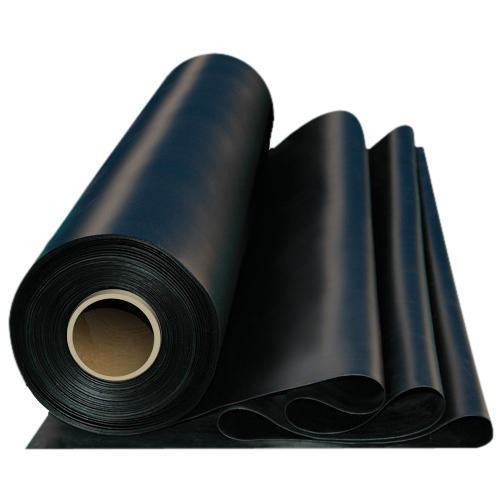How to Buy and Export Cellulose Fibres Paper from Kenya
How to Buy and Export Cellulose Fibres Paper from Kenya
Kenya produces a huge volume of raw cellulose fiber annually, but there’s a problem. The processors in the country struggle to compete with international suppliers, who are able to offer better prices on secondary products like pulp and CF because they have cheaper raw fibers available to them. As a result, Kenya exports very little cellulose fiber compared to other primary forest product manufacturers such as Japan, Finland and Sweden. Even within the country’s own borders, different manufacturers struggle against each other based on the availability of raw fibers. This article highlights how you can buy and export cellulose fibers from Kenya that will give you an edge over other paper manufacturers in your region.
What is Cellulose Fibre?
Cellulose is a material found in every plant, which includes trees. It is a fibre that can either be used on its own or mixed with other fibres (such as cotton or synthetic fibres) to create paper, fabrics and other products. Cellulose is the most abundant organic compound found in the world and has a number of applications. Keratin, collagen, wool and silk are examples of fibres that are not cellulose. Most cellulose fibres are colourless and are semi-crystalline in structure. They are formed as plant cells mature and are found in the cell wall of plants. Cellulose fibres are produced in different forms. These include viscose, Lyocell, Viscose and Cellulose Esters.
Why is Kenya’s Cellulose Fibre So Cheap?
Kenya’s coastal location makes it an ideal place for processing cellulose, as it has easy access to the Indian Ocean for transporting goods to Asia. This gives Kenyan processors a huge advantage, as they can take advantage of lower transportation costs than other competitors in North and South America. Kenya also has a large forest cover and the potential to produce cellulose on a massive scale. But that potential is not being realized because of the high cost of raw material. The country’s operators are forced to pay more for their raw material than other producers based in Asia and South America. As a result, Kenyan manufacturers struggle to compete in the global market. They have to either pass the cost on to smaller customers or to shut down their operations.
What are the different types of cellulose fibre available to buy and export from Kenya?
The types of cellulose fibre produced in Kenya include Eucalyptus, Pine and other softwood trees. Eucalyptus fibre – Eucalyptus is one of the most widely produced types of fibre, as it can be used to produce paper and a wide range of other products. It is cheap to produce and can be grown in a number of different climates. Eucalyptus fibre can be purchased from a number of different countries, but Kenyan producers are able to produce it at a particularly low cost. This is due to the country’s favourable weather conditions, which are ideal for growing eucalyptus trees. Eucalyptus fibre has a wide variety of applications and is often used to produce newsprint and paper. Pine fibre – Pine is another type of cellulose fibre that is produced in Kenya. It can be used to make a variety of different kinds of paper and fabrics. Like eucalyptus, pine fibre can be produced at an extremely low cost in Kenya. Pine trees grow in reasonably high altitudes in Kenya, so they are able to thrive in the country’s tropical climate. This makes them ideal to be used to produce fibre.
How can you find reliable suppliers of cheap cellulose fibre in Kenya?
Before you start sourcing for cellulose fibre in Kenya, you should first look at the different types of fibre that are available for export. You should then include this information in your sourcing strategy. It is also a good idea to talk to other paper manufacturers in your region. They can likely tell you which types of cellulose fibre are available in their country at a lower cost. They can also give you advice on how to find reliable suppliers for these fibres. Once you have this information, you can use it to create a list of potential suppliers. Ideally, you should aim to visit at least five different cellulose fibre manufacturers in Kenya. You should select these manufacturers based on the different types of fibre they produce. Once you’ve met with these manufacturers, you should evaluate the entire process from start to finish. Take note of the following things: – What types of raw material are being used to produce the fibre? – How long does it take to produce the fibre? – What is the quality of the fibre like? – Are their facilities in good condition? – What are their prices?
Safeguards for buying and exporting cheap cellulose fibre from Kenya.
As with any business transaction, there are certain safeguards you can put in place to reduce your risk when buying and exporting cheap cellulose fibre from Kenya. The most important thing to remember is that quality matters. There are many different grades of fibre available, so you must be sure you select the right one for your specific needs. Once you have done this, you can start negotiating the price with your potential suppliers. It is important to remember that price is not the only factor you should be considering. You should also be looking at delivery times, the quality of the fibre, the condition of the facility and the overall experience of the manufacturer. Once you have completed this process and selected your suppliers, it is time to negotiate a price with them.
Conclusion
Cellulose fibre is one of the most important forest products in the world. It can be used to make paper, fabrics and a wide range of other products. It is also one of the cheapest types of fibre available. Cellulose fibre is produced from plant materials and it is often made from the wood of trees such as eucalyptus and pine. This fibre can be purchased from many different countries, but Kenyan producers are able to produce it at a particularly low cost due to the country’s favourable weather conditions. When sourcing cellulose fibre, it is important to select the right type of fibre for your specific needs and to negotiate the price with your potential suppliers.








LEAVE A COMMENT
You must be logged in to post a comment.